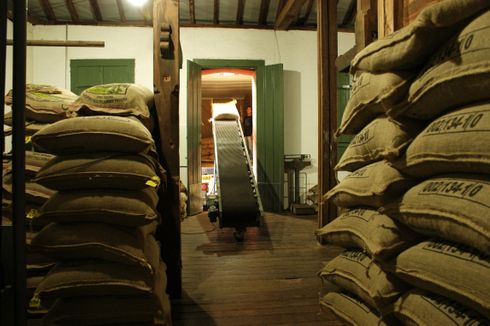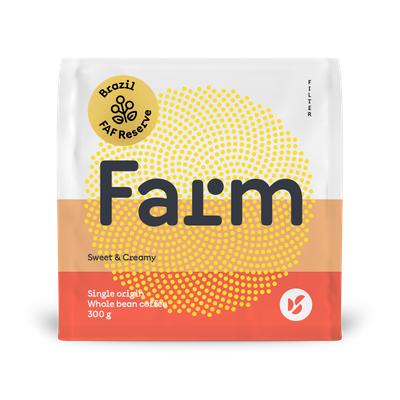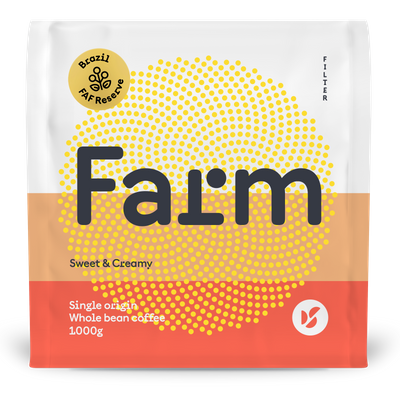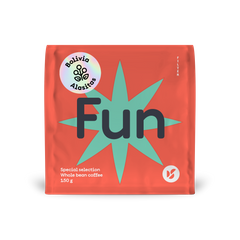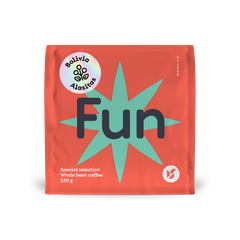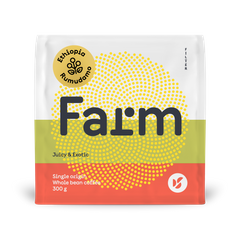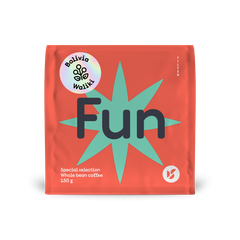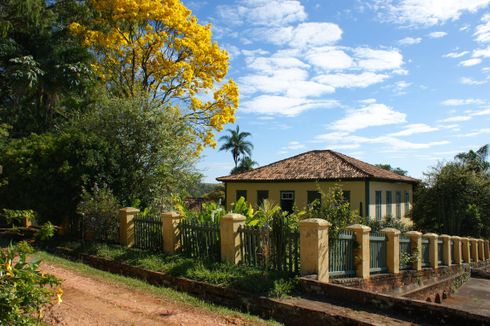
Fazenda Ambiental Fortaleza
The farm formerly known as Fazenda Fortaleza has been in the Barretto Family since 1850. The traditional farm with conventional farm methods was transformed by Silvia Barretto, along with her husband Marcos Croce. Their dream and mission became to convert the farm into a sustainable business that took into consideration the environment and the relationships between people while producing high quality products. In 2009 Silvia and Marcos’ son Felipe, who had been working at a specialty coffee micro-roastery in St. Louis called Kaldi’s, came to join the team. Becoming the first family member to move to the farm full time, Felipe set up a coffee lab and began separating and studying lots by varietals and processing methods.
FAF has been our partner for all our Brazilian coffees since 2010. This is the second time we purchased a microlot directly from their own family farm.
Farm Coffee Series
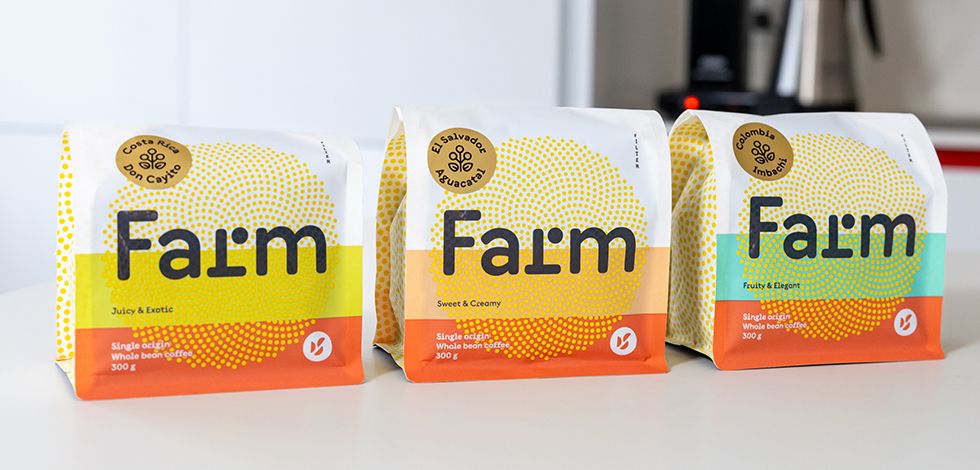
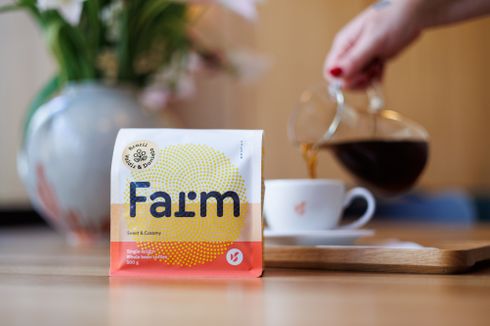
How does this coffee taste?
Sweet & Creamy
The Arara variety is the new benchmark for specialty coffees in Brazil. Compared to the traditional varieties that have been grown here for decades, this hybrid shows much greater complexity and character. Nougat and chocolate notes are complemented by fruity acidity, making the overall impression of the coffee much more interesting.
Yara picked this coffee at the farm in September 2024. It arrived to the Czech Republic in January 2025 and was immediately frozen to preserve its freshness. On the cupping form Yara wrote down descriptors like nougat, tropical fruit, caramel, creamy texture, and lower acidity, scoring it 86.75 points.
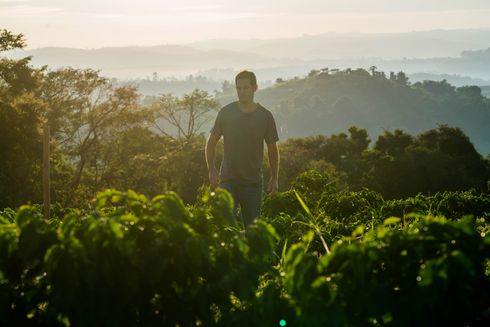
Model farm
Today FAF is an experimental and model farm for organic coffee production with a mission to embrace sustainability and regenerative farming practices. Beyond its organic certified production, FAF is a multi-functional landscape, where different shaded coffee systems, natural forests, areas in ecological restoration and other farm activities come together. The formed mosaic does not only provide habitat for biodiversity – from native bees to the threatened
maned wolf – but is also an integral element of the farm’s success with the production of organic high-quality coffee.
To further increase the resilience of the coffee fields, biodiversity is not being delimited from the production sites but integrated into all coffee units from the macro to the micro level. Several agroforestry models are being tested and further developed, focusing on the integration of key species to enhance nutrient cycling, biomass production, natural pest control and optimal shade cover. In the on-farm biofactory, a variety of microorganisms are being produced and applied on the fields to combat common pests and diseases and simultaneously enhance soil resilience and plant root growth.
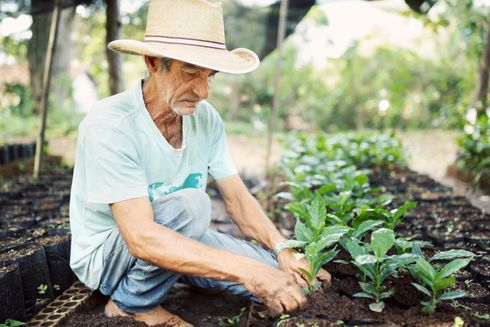
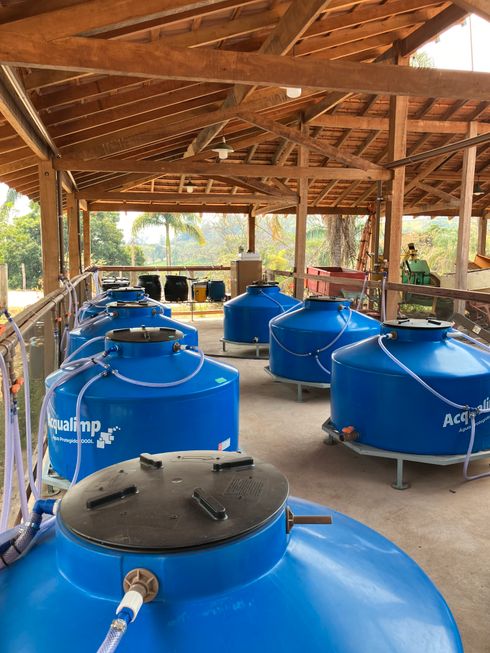
Enjoy a coffee just like in our café.
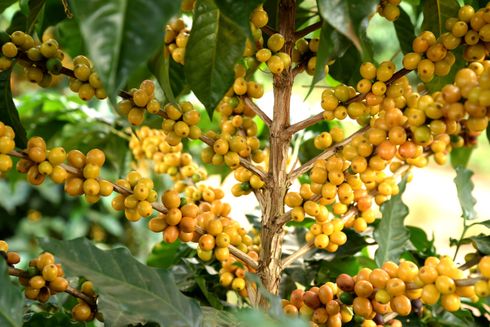
Arara Variety
Sometimes called Yelllow Obata. It is a hybrid between Yellow Catuai and our favorite Obata. The cherries ripen to a yellow, not red, color. Currently, it is perhaps the trendiest variety among Brazilian farmers. They have embraced it for its specific flavor profile, resistance to coffee rust, and relatively high yield per tree. Arara exhibits high sweetness in the cup and, depending on the conditions, exotic fruit tones.
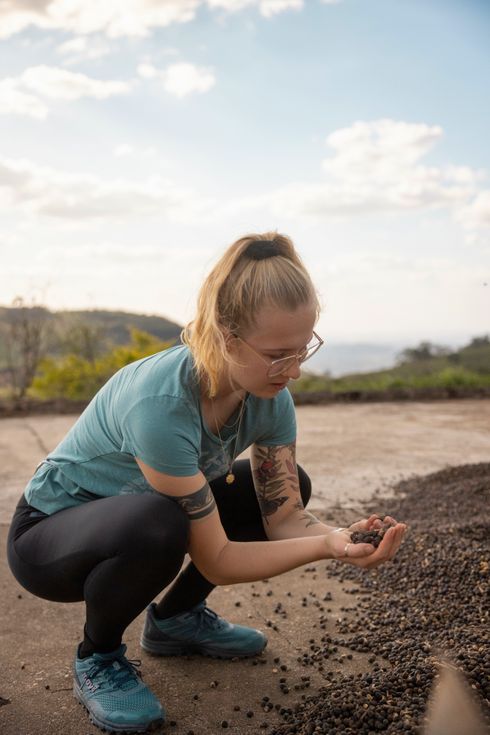
Natural processing
Harvest begins in May to June. Precisely hand-picked and sorted cherries at maximum ripeness are first dried on African beds. The final phase takes place on patios in the so-called volcanoes. This is a specific Brazilian system of cherry piles for uniform and slow drying, which is an important step for the long shelf life and clean taste of natural coffees.
